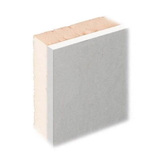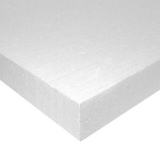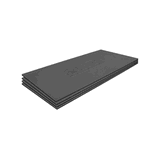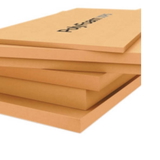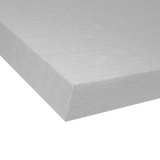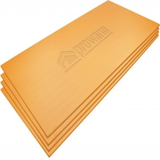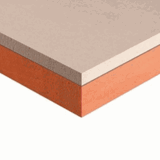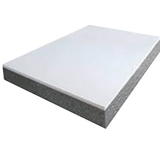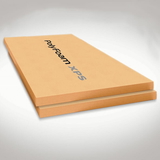- Blogs
- Facts About Expanded Polystyrene Insulation
Facts About Expanded Polystyrene Insulation
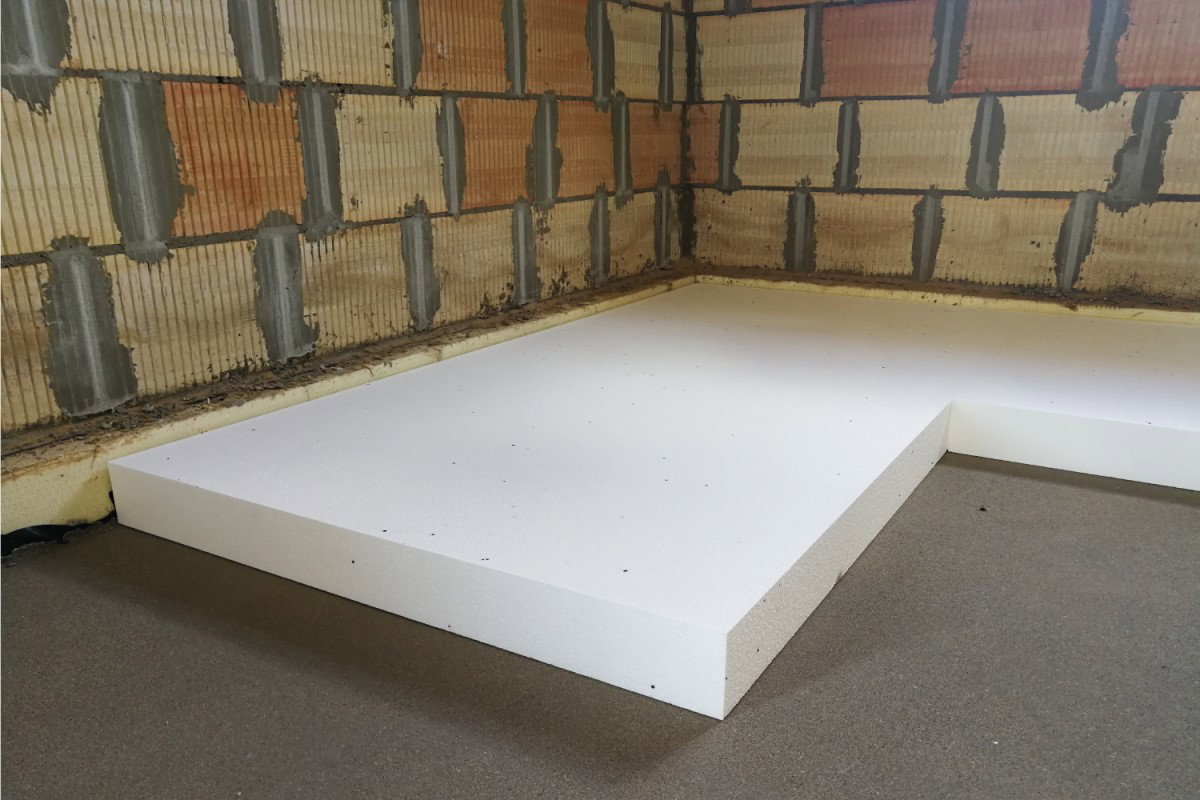
The energy efficiency of a building is heavily dependent on the materials that make up the envelope. It is therefore essential to choose the right insulation material for your home or building.
Here at Buy Insulation Online, we supply a range of insulation materials including, wool insulation, foil insulation, PIR, along with pipe lagging, ductwrap and valve covers, all of which help improve the energy efficiency in your home. These insulation materials have proven to be efficient insulators for many years. Among these, we will be discussing polystyrene insulation and more in detail about expanded polystyrene insulation in this blog.
What is Polystrene? What are its different types?
Basically, polystyrene is a type of plastic. It is used to make everything from toys to packaging and even in construction. For insulation purposes, foamed polystyrene is used. Expanded polystyrene and extruded polystyrene are two types of polystyrene insulation used to keep buildings warm.
How does Polystrene Insulation Work?
Since the 1950s people have been using polystyrene for insulation. Why? Because, polystyrene both in their expanded and extruded form, is closed-cell insulation. It has millions of tiny air bubbles trapped inside its fabric. These air bubbles make up nearly 98% of the product weight, with only 2% being plastic.
The air bubbles in polystyrene insulation do not let the heat pass through the fabric easily. This means polystyrene insulation has a low K-Value and a low K-value equates to better insulating properties. Hence, polystyrene insulation is a very good thermal insulator.
Expanded Polystyrene Boards (EPS Insulation)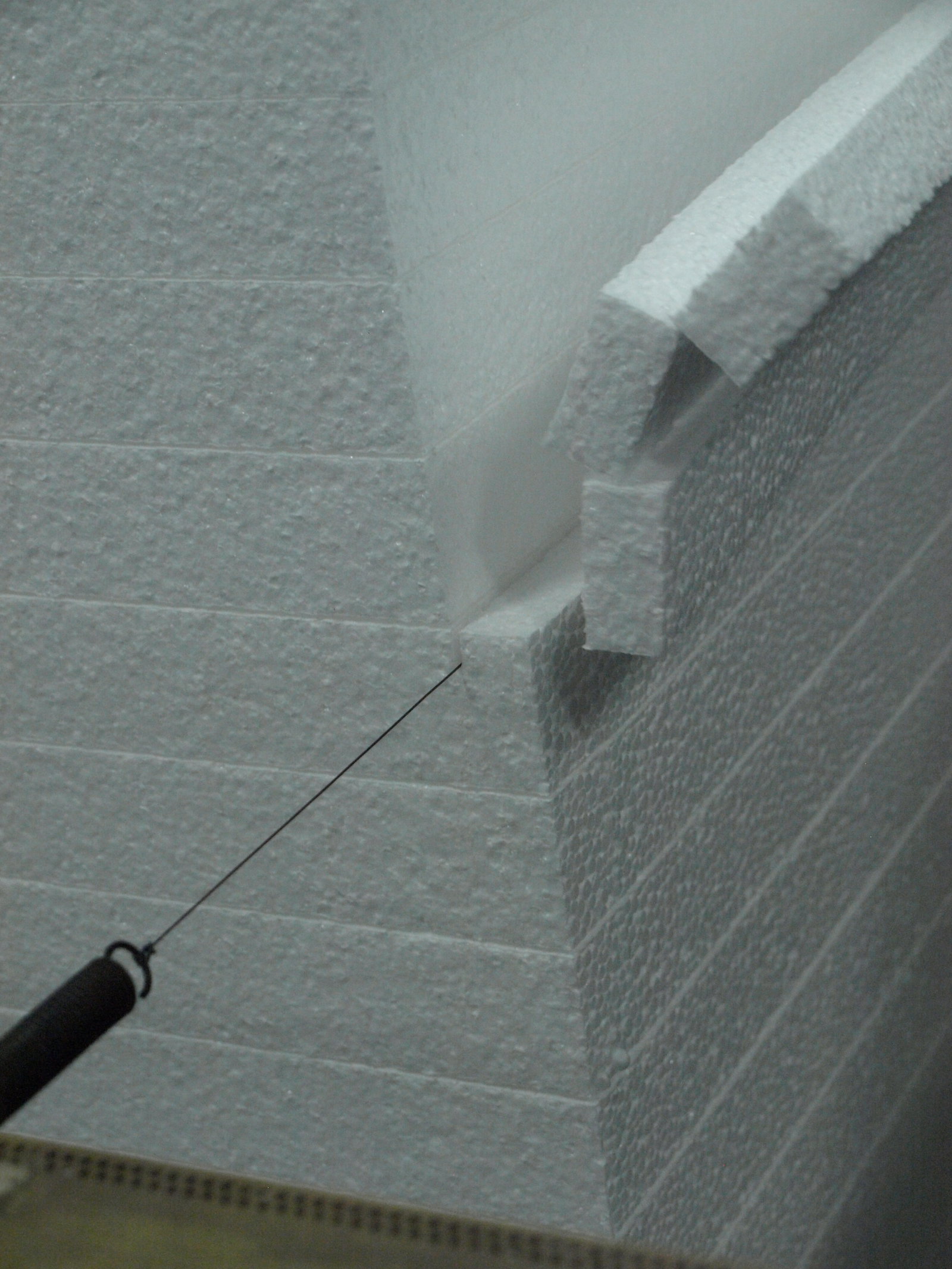
The white, lightweight board that is typically used to insulate the floor or wall, is an expanded polystyrene board. These are made by placing foamed polystyrene beads in a mould and joining or fusing them using high pressure in the presence of blowing agent Pentane. Large blocks of expanded polystyrene are then cut to size using hot wire machines.
EPS insulation is 90% air and 2% polystyrene. It is a stiff foam insulation board with high compressive strength. Due to its many tiny air bubbles, expanded polystyrene does not transfer heat easily through its fabric. These foam boards have a low thermal conductivity or K-Value of 0.032 (W/mK).
They are ideal to insulate floors, walls and pitched roof insulation. They can also be used as campervan insulation.
Facts about EPS Insulation:
EPS is created by combining the monomer styrene, derived from benzene ring and ethylene, through a polymerization process. Under heat or an initiator like benzoyl peroxide, the double bond between carbon atoms is converted into a single bond, resulting in a polymer chain called polystyrene.
Liquid polystyrene is then dropped into water, forming droplets or beads. These beads are expanded using blowing agents such as propane, pentane, or methylene chloride. Heat or steam is applied to the mold containing the EPS beads, causing them to expand and fuse together. The resulting material consists of closed cells with open spaces between them. EPS is known for its versatility and is widely used in various construction applications.
Advantages of Polystyrene Insulation:
- Excellent insulation properties due to its high percentage of trapped air.
- No thermal drift, meaning it does not lose its insulating efficiency over time.
- Environmentally friendly as it does not use harmful chlorofluorocarbons (CFCs) or hydrochlorofluorocarbons (HCFCs) in the manufacturing process.
- Impermeable to water and resistant to mold and mildew.
- Widely used in the construction industry for roofs, walls, floors, insulated vinyl siding, insulated concrete forms (ICFs), and more.
- Highly recyclable.
Disadvantages of Polystyrene Insulation:
- Coated with a bromine fire retardant called HBCD, which is hazardous to health.
- Susceptible to termite and ant infestation.
- Can absorb water due to spaces between beads.
- Flammable and does not break down in sunlight or biodegrade.
EPS boards are cost-effective: These high-performing insulation boards are cheap when compared to PIR or XPS insulation boards. These foam boards cost around £1.95/sq.m, which makes them a budget-friendly option.
Thermal Performance:
As mentioned earlier, EPS insulation gives a superior thermal performance in every application and helps reduce your energy bills. When EPS foam boards are installed properly as floor insulation, they reduce nearly 10% of heat, otherwise lost through the floor.
A properly insulated home means the heating system won't have to work as hard, to raise the temperature. Expanded polystyrene helps the heating system by maintaining an ambient indoor temperature for a long period.
Versatile Foam Boards:
Polystyrene Insulation Boards are also multipurpose and can be used for floor insulation, wall insulation, as well as roof insulation purposes. With expanded polystyrene boards, you can realistically meet the required U-values.
Durable and Lightweight:
EPS boards are basically made of 98% air and only 2% polystyrene. This means they are easy to carry and install. EPS boards can be easily secured on walls, roofs or floors using mechanical or adhesive fasteners.
When EPS foam insulation is installed properly, after proper pre-insulation checks, they last for the lifetime of the application. They do not slump, slag and remain rot-free.
High Compressive Strength:
The distinctive structure of expanded polystyrene makes these foam insulation boards extremely strong and rigid despite their lightweight, which implies that these are perfect to insulate floors both in commercial and residential projects.
Polystyrene floor insulation boards comes in a variety of densities or grades that are categorised according to BS EN 13163 criteria.
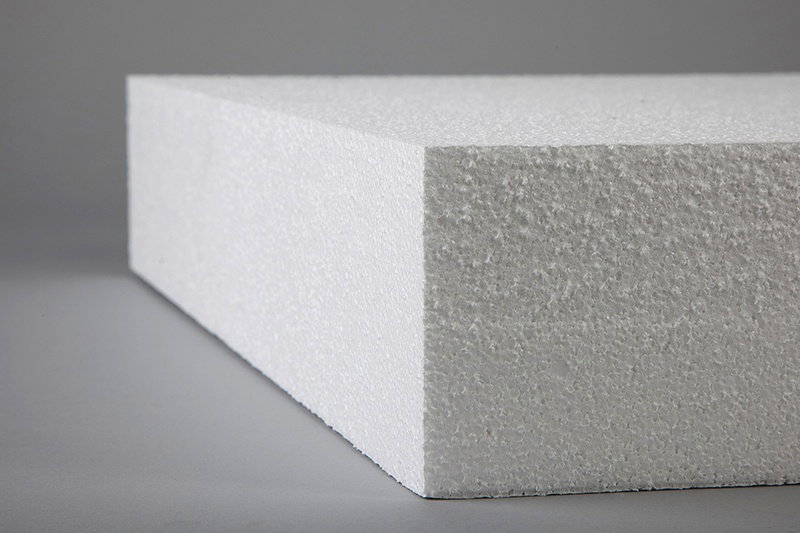 Fire and Water Resistance:
Fire and Water Resistance:
Thanks to their closed-cell nature, EPS boards do not absorb water. Moreover, their mechanical and thermal characteristics are unaffected by humidity. Also, it does not attract insects or support the growth of moulds as the fabric of EPS insulation is based on an inorganic substance.
Expanded polystyrene is, however, combustible, much like timber and other building materials. They are classified as Euroclass E, which means they contribute to fire. Having said that, what needs to be noted is that expanded polystyrene burns, smokes, and melts as a result of the fire, but after the fire's source is extinguished, it extinguishes itself.
Safe to use:
Expanded polystyrene boards are completely safe to use in all construction applications. EPS foam boards are non-toxic, odourless, chemically inert and non-irritating. They do not give out fibres like mineral wool insulation. EPS boards are easier to install and also lessen on-site health and safety issues.
Comparing Mineral Wool and Expanded Polystyrene
Mineral wool and expanded polystyrene are the two most commonly used insulating materials. The reason being their easy availability and cost. Let us see how EPS foam boards and mineral wool insulation batts and rolls fare against each other.
Reaction to water:
Polystyrene has a very low water absorption rate. Even if EPS boards come in contact with water, they do not soak water, thanks to their closed-cell nature. The fabric of EPS boards is impermeable to water and dries off fairly quickly.
Wool insulation, on the other hand, is quite sensitive to moisture. They are non-hygroscopic in nature, meaning they do not absorb water readily. Insulation slabs or rolls made of fibreglass or rock wool usually have a water-repellent additive, however, they must be kept far away from moisture as possible. Soaked mineral wool insulation is of no use.
Reaction to Fire:
Mineral wool is non-combustible and most insulation batts like RWA45, Rocksilk RS45 or loft insulation rolls are A1 fire rated. However, expanded polystyrene insulation is classified E, as per Euroclass, meaning they are combustible.
Breathability: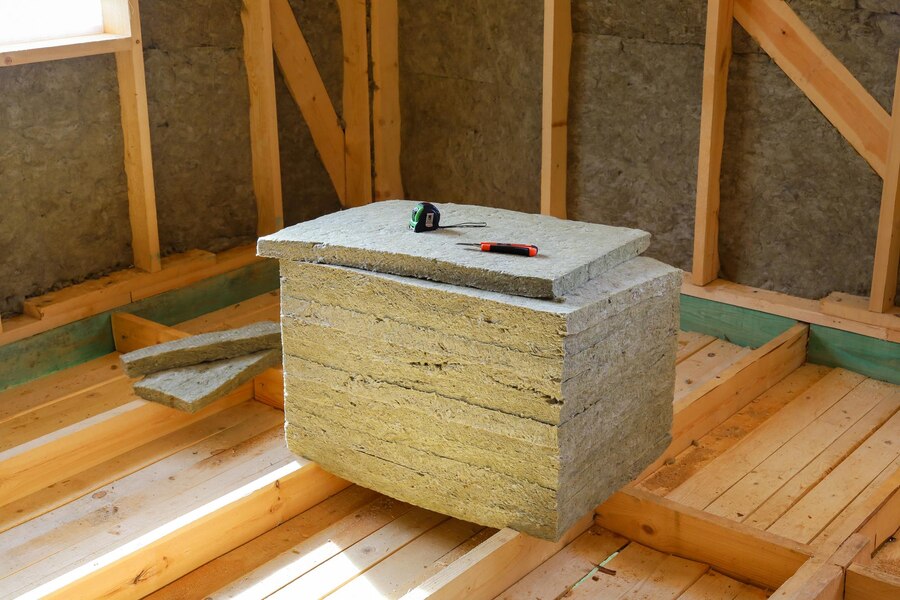
A major factor to consider when choosing insulation is its vapour permeability. There is a significant distinction between wool insulation and polystyrene insulation when breathability or vapour permeability is concerned.
Mineral wool has an extremely low vapour resistance, meaning the moisture in the air passes through the insulation batts without any restriction whatsoever.
Polystyrene insulation, on the other hand, is a closed-cell insulation, meaning it has a high vapour resistance. So, what does this mean to you?
If you consider wall insulation, for example, the goal is to prevent condensation in the wall. Both wool insulation and polystyrene insulation help with this purpose. Polystyrene does not let water pass through, while wool insulation does not to water stay and condense as it is breathable.
EPS foam boards are cheaper compared to wool insulation, while wool insulation gives you slightly better thermal insulation compared to expanded polystyrene boards. Choose wisely, depending on your budget and application.
Expanded Polystyrene Vs PIR Insulation:
Both PIR insulation and expanded polystyrene insulation are closed-cell in nature, and both are rigid insulation boards that save space and money. So, how do we compare?
PIR is a foam insul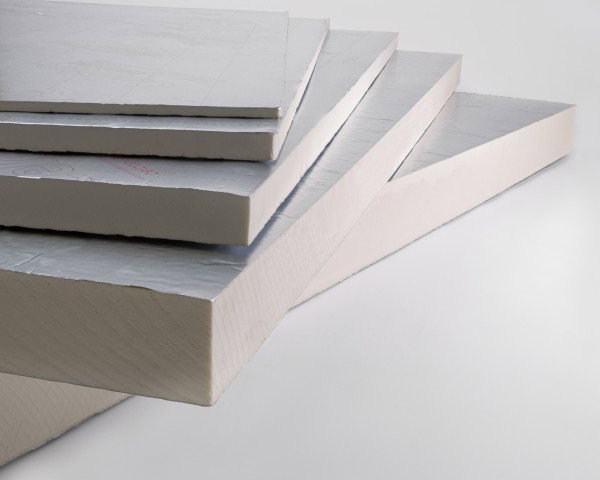 ation board made of polyisocyanurate. With an incredibly low K-value of 0.022 W/mK, they have proven to be effective insulators for many decades. We stock PIR boards from Iko, Xtratherm and Celotex brands here at Buy Insulation Online.
ation board made of polyisocyanurate. With an incredibly low K-value of 0.022 W/mK, they have proven to be effective insulators for many decades. We stock PIR boards from Iko, Xtratherm and Celotex brands here at Buy Insulation Online.
PIR boards have low-emissivity foil facings on both sides, which not only adds to the insulating capacity of these board insulation but also forms a very good vapour barrier. PIR insulation is also versatile in application. They are used to insulate walls, floors, roofs and campervan insulation, as well.
So how does expanded polystyrene fare in comparison to PIR insulation?
Expanded polystyrene is cost-effective and easily available when compared to PIR insulation. The recent shortage in raw material supply has badly hit the PIR supply chain, but the high demand for PIR boards is not going away anytime soon. All of these have led to a steep increase in PIR boards.
PIR insulation is definitely a step up from expanded polystyrene. Having said that, expanded polystyrene is an excellent yet cheaper alternative to PIR insulation. If you are confused about which board insulation would work out best for you, you can email us or post your question in our All About Insulation forum on Facebook or contact a professional insulation contractor.
Some common questions regarding expanded polystyrene insulation
Can expanded polystyrene boards soundproof walls?
The best way to soundproof a room is to add mass to its walls or floors. Though expanded polystyrene helps keep heat inside, it does not have soundproofing properties when used alone.
Though EPS boards give some amount of acoustic insulation, they lack adequate thickness or density, which you can find in acoustic plasterboards or insulation batts like Rockwool RWA45 or Knauf Rocksilk RS45. However, EPS can act as a very effective sound barrier when combined with other materials like structurally-insulated panels or SIP.
Are EPS Boards environmentally friendly?
Expanded polystyrene is a good insulator, but it is not as environmentally friendly as hemp wool or mineral wool insulation or even PIR boards. Expanded polystyrene does not break or degrade over time and hence pile-up in landfills. Polystyrene is basically plastic, so it can be recycled. In the UK, tonnes of expanded polystyrene are recycled every year.
Like with any other plastic, the manufacturing process of expanded polystyrene releases a lot of harmful gasses into the environment. As a result, expanded polystyrene board is not an environmentally friendly material.
Can Polystyrene Insulation Be Recycled?
The recycling of polystyrene insulation holds immense potential in reducing the environmental impact of this widely-used material. Renueva, a Mexican company, has emerged as a pioneer by developing efficient techniques to recycle polystyrene waste. Through densification and transformation into reusable plastic pellets, Renueva offers an innovative solution for turning polystyrene trash into valuable resources.
However, recycling polystyrene insulation can be challenging due to factors like contamination, transportation costs, and limited recycling facilities. For the most part it is not recycled, and is thrown into landfill. It is essential to check with local recycling centers and programs to determine if they accept polystyrene insulation for recycling.
Is Expanded polystyrene durable?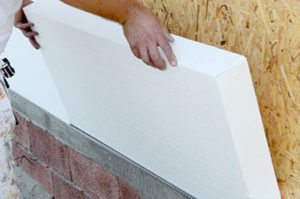
EPS foam boards made of polystyrene insulation are intended to last for many years before needing replacement. They last about 30-50 years and are considered to be one of the most long-lasting and resilient insulation materials on the market.
Where can you buy Polystrene Insulation?
You can buy polystyrene insulation online right here at Buy Insulation Online. We stock the following brands and these are sold as loose sheets, not as packs as you see with local or other online insulation suppliers.
Jablite Jabfloor:
Jablite Jabfloor has been the crowd favourite and one of our best sellers for a while now. Made in the UK, these multipurpose EPS boards can be used to insulate walls, floors, roofs and for underfloor insulation as well.
Stylite EPS70:
Another UK brand, Stylite EPS70 insulation boards are similar to Jablite EPS boards. They help to meet the required U-value with ease and are compatible with all floor types.
In Conclusion:
Expanded polystyrene insulation gives superior thermal insulation and is a cheaper option when compared to other rigid insulation boards. However, consider all your options and check if expanded polystyrene is the right fit for you before installing them.
For trade-quality polystyrene insulation, visit Buy Insulation Online. We store ductwrap, valve covers, pipe lagging plus insulation boards like PIR, EPS and XPS, insulation batts and others at low cost. With every order, we also plant a tree for free and protect five trees in the Amazon!

Samuel Hitch
Managing Director
Buy Insulation Online.
Leave A Reply
Your feedback is greatly appreciated, please comment on our content below. Your email address will not be published. Required fields are marked *












